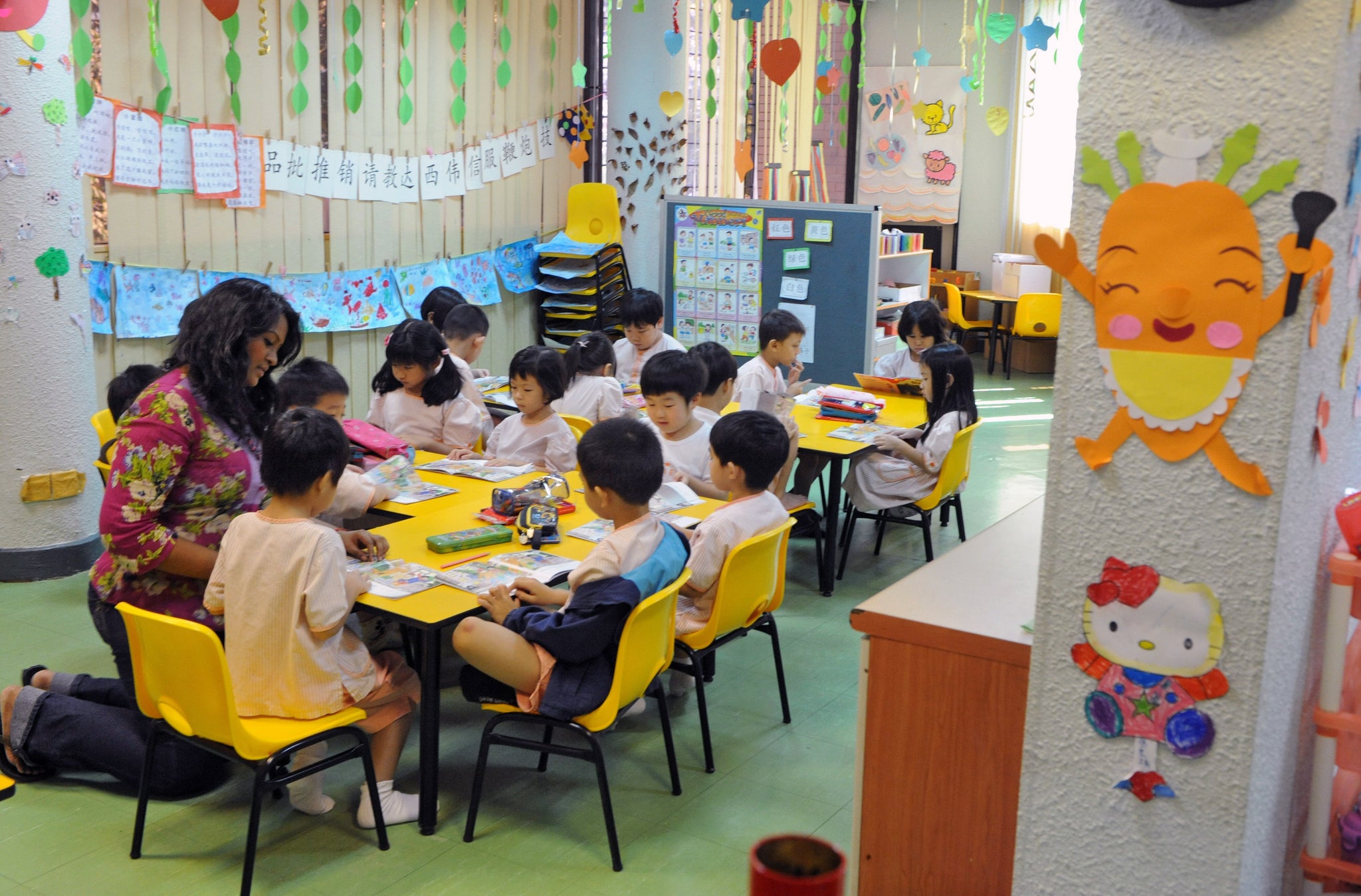Global school rankings: Interactive map shows standards of education across the world
Asian countries dominate in comparison between 76 nations

Your support helps us to tell the story
From reproductive rights to climate change to Big Tech, The Independent is on the ground when the story is developing. Whether it's investigating the financials of Elon Musk's pro-Trump PAC or producing our latest documentary, 'The A Word', which shines a light on the American women fighting for reproductive rights, we know how important it is to parse out the facts from the messaging.
At such a critical moment in US history, we need reporters on the ground. Your donation allows us to keep sending journalists to speak to both sides of the story.
The Independent is trusted by Americans across the entire political spectrum. And unlike many other quality news outlets, we choose not to lock Americans out of our reporting and analysis with paywalls. We believe quality journalism should be available to everyone, paid for by those who can afford it.
Your support makes all the difference.One in five British students leave school without acquiring basic skills, according to a new report commissioned by the Organisation for Economic Co-operation and Development (OECD).
The report, titled 'Universal Basic Skills: What countries stand to gain', was produced by economists Eric Hanushek and Ludger Woessmann.
It includes the biggest ever global school rankings, which rank 76 countries according to how well their students perform. The analysis is based on test scores in maths and science, and is an expansion on the OECD's Pisa test scores.
Asian countries dominate the top of the rankings, with Singapore heading the table, followed by Hong Kong in second place and South Korea in third.
The United Kingdom ranks 20th, and the United States comes in at number 28.
MAPPED: Global school rankings
Interactive map: hover over countries to see individual rankings. Use the search box to find a specific country.
Of the European countries, Finland scored the highest ranking, in sixth place.
Ghana scored lowest overall, putting it at the bottom of the rankings.
The report also ranked countries based on the share of students who do not acquire basic skills - what the report's authors define as a score of below 420 in the maths and science assessments on which their ranking data is based.
In the UK, 20 per cent of students failed to meet the level of basic skills.
Writing on the OECD's 'educationtoday' blog, OECD education director Andreas Schleicher stated that the report shows that "the quality of schooling in a country is a powerful predictor of the wealth of that countries will produce in the long run."
However he cautions that, as the report shows, even high-income countries still have some way to go to meet the goal of universal basic skills.
"Even high-income OECD countries would gain significantly from bringing all students up to basic skills by 2030.
"For this group of countries, average future GDP would be 3.5 per cent higher than it would be otherwise."
Join our commenting forum
Join thought-provoking conversations, follow other Independent readers and see their replies
Comments